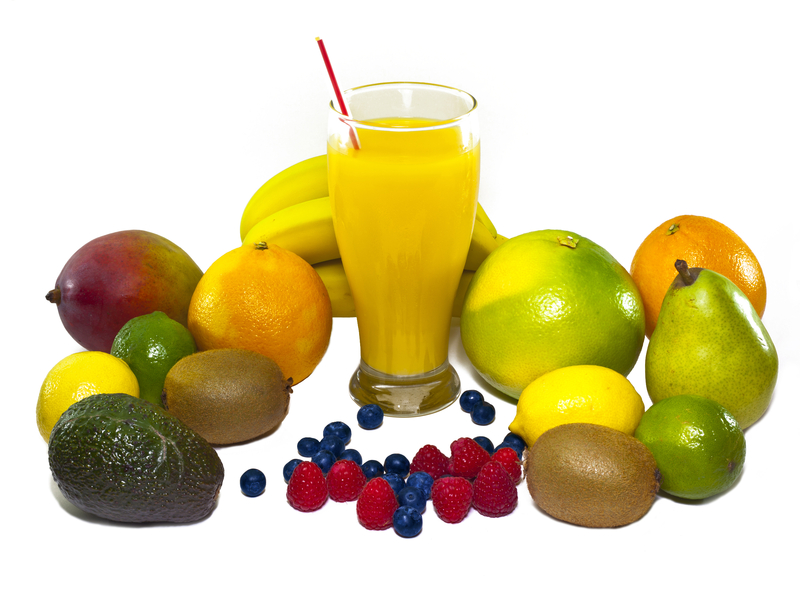10 Best Nutrition Tips Ever
Researchers know more than ever before, so why is nutrition more confusing than ever before? Fats are bad, but some are good? Carbs sabotage your weight loss efforts, yet they're essential for energy? Healthy living and a balanced diet do not need to be so confusing. If you are looking to better support your health through nutrition, here are ten essential tips.

10. Don't Count Out Fats
Obesity is a major health concern throughoutdeveloped countries, based on poor nutritional choices and a lack of physical activity. Many are under the impression that fat is the enemy, however, the body and brain require fat to function. From energy to cell growth and hormone regulation, dietary fats are essential.
'Fat' isn't what creates weight gain, excess calories and poor choices are the true culprits. It's the type of fat you need to focus on, ensuring a healthy diet includes healthy fats, such as essential omega-3 fatty acids, found in foods like fish, avocados, olive oil, and walnuts.
9. Be Mindful Of What You Drink

Far too many individuals are drinking their weight in calories due to excessive soda, high-sugar juice, and energy drink consumption. These drinks cause blood sugar to skyrocket and in turn, insulin is released. Although this is a natural process within the human body, fluctuating levels on a regular basis are not. This is contributing to rising rates of diabetes and weight-related health issues.
Soda does not provide your body with any nutrients, it is simply empty calories. Diet drink choices have been shown throughout a number of studies to be even worse for your health. This is due to the addition of potentially cancer-causing artificial sweeteners. Get into the habit of drinking plenty of water and herbal teas. Moderate black coffee consumption has been shown to yield a number of health benefits as well. If you enjoy juice, start making freshly squeezed varieties at home, incorporating a wide range of fruits and vegetables. To keep the sugar content down, it's recommended you manage your intake to include 75 percent vegetables and 25 percent fruit.
